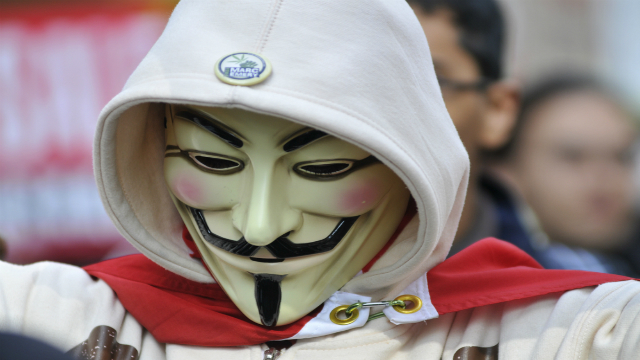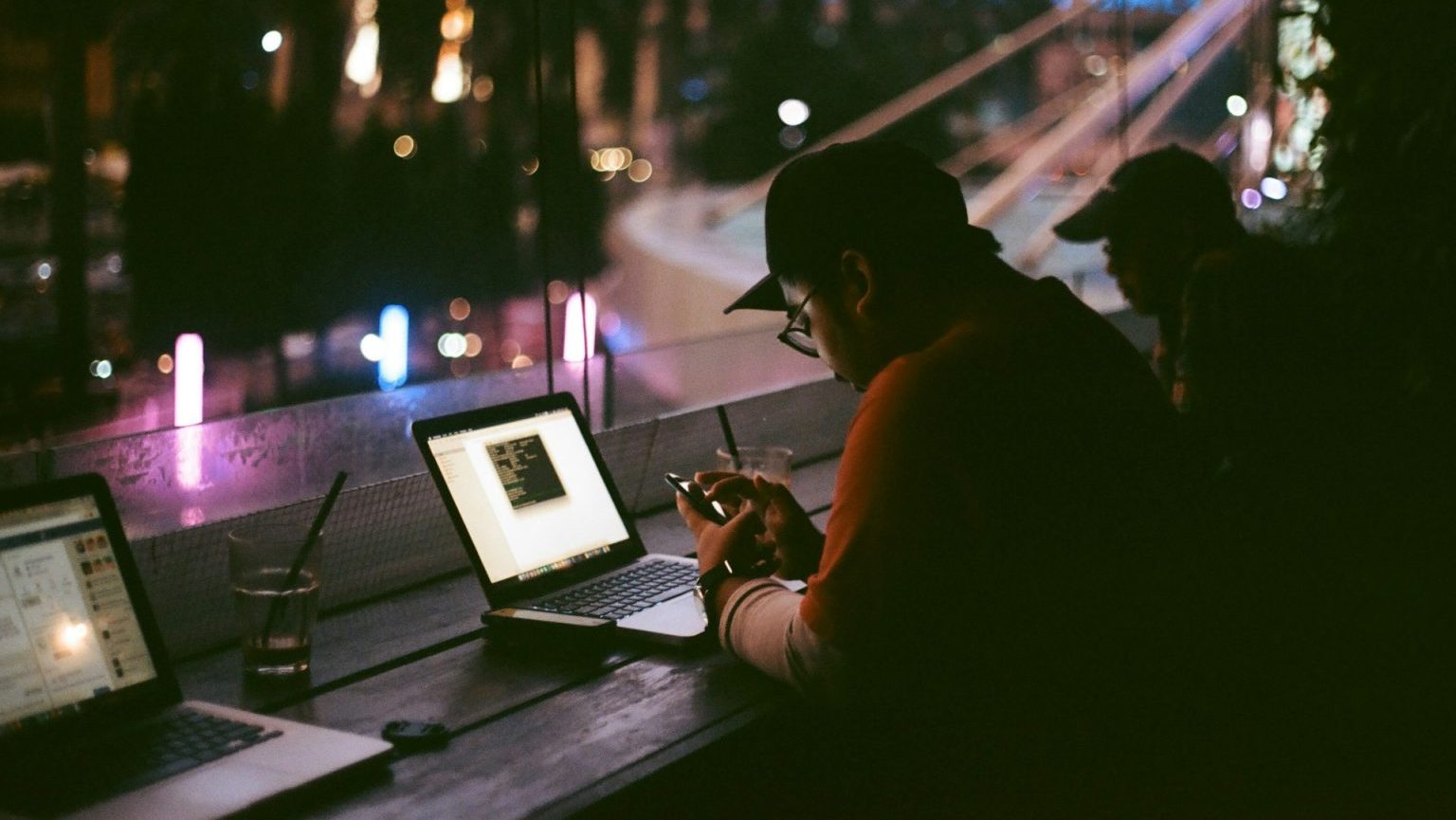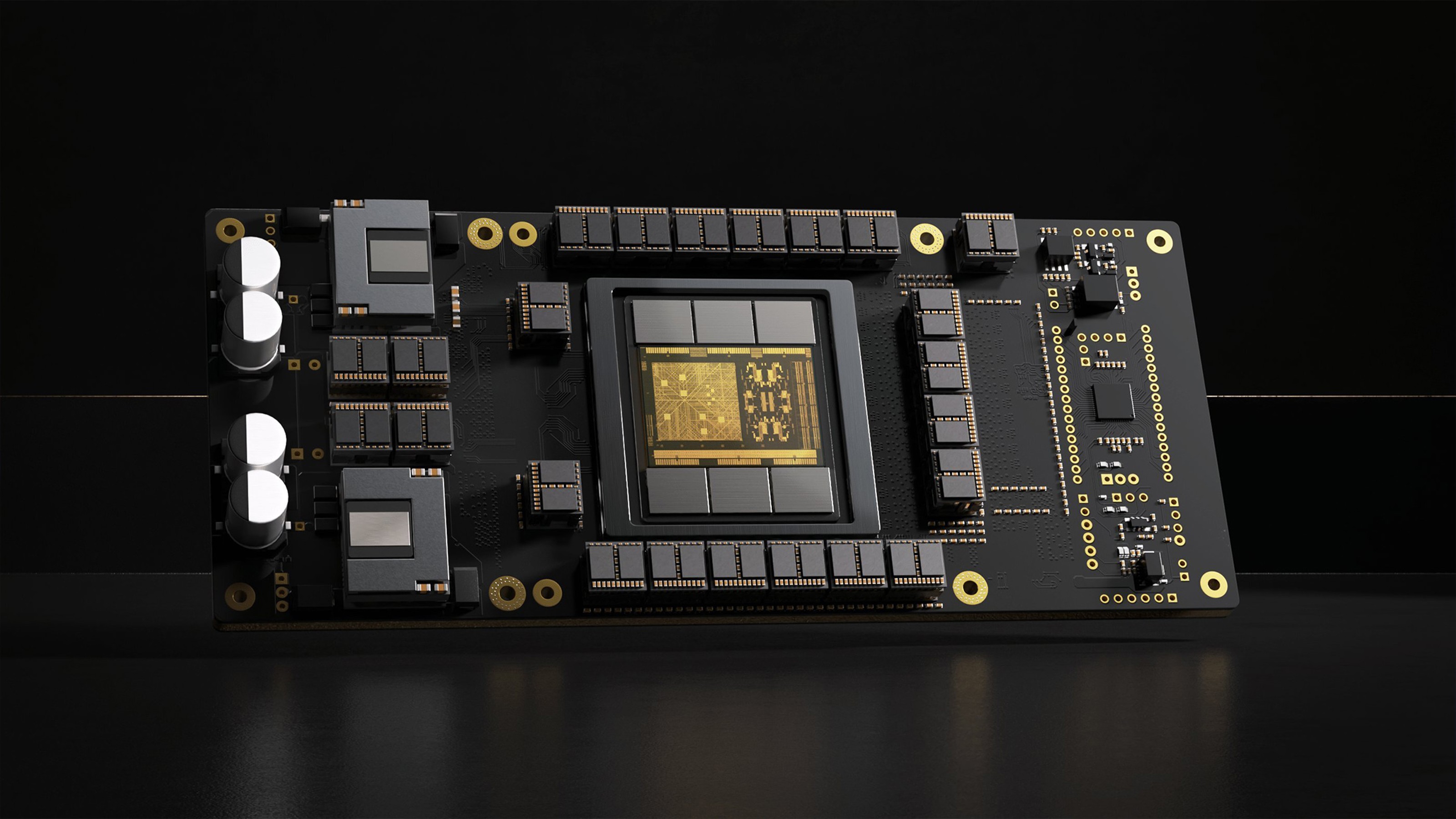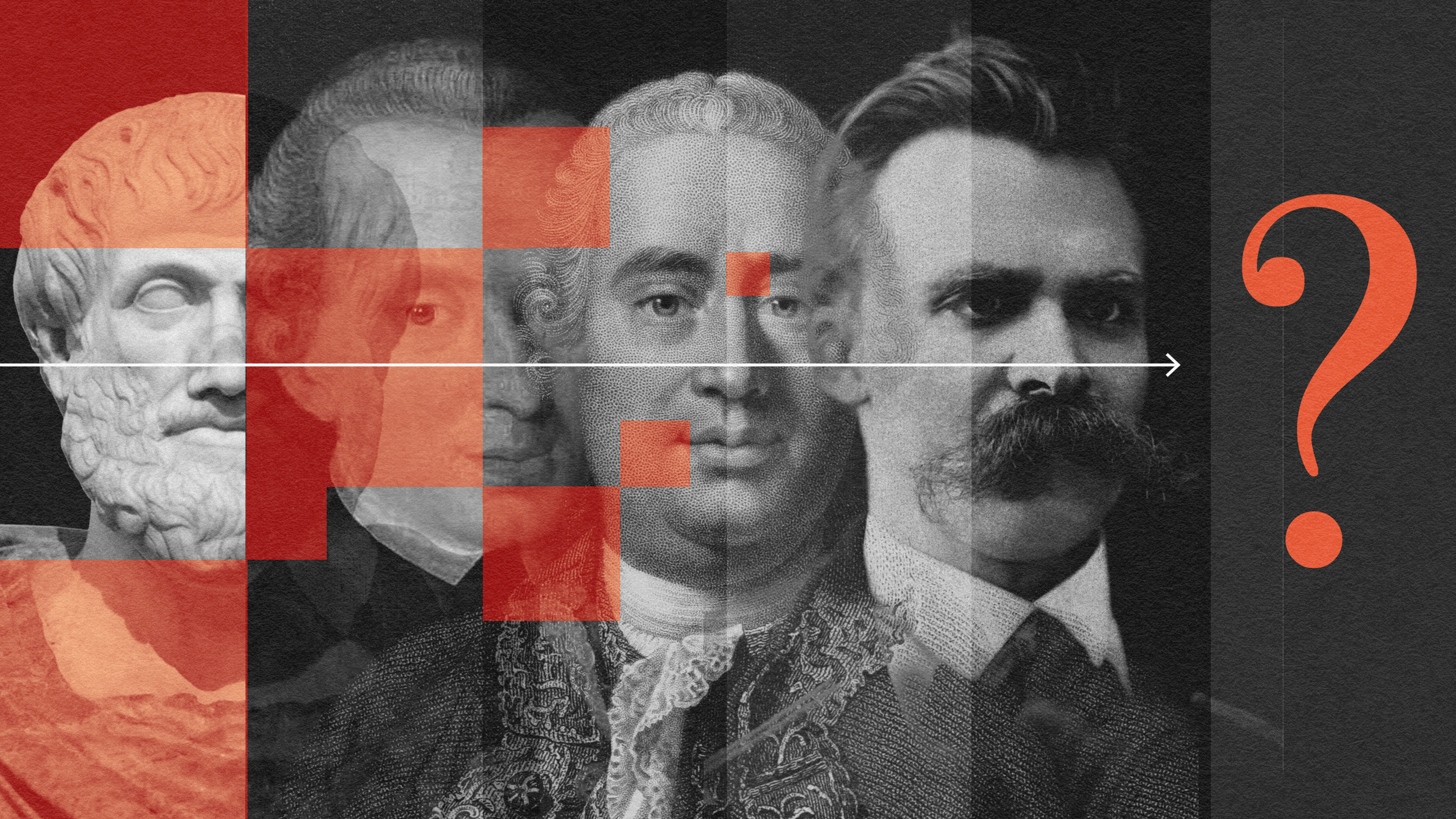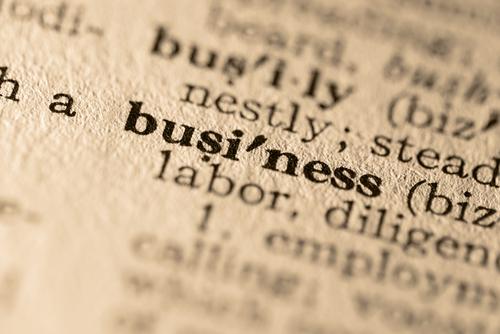How to Deal With the Police
Eric Sanders, an active participant in Occupy Wall Street, offers advice to protesters for maintaining peaceful relations with the police.
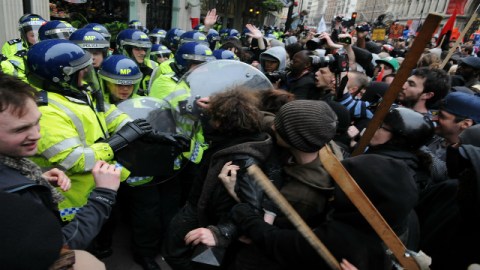
Sign up for the Smarter Faster newsletter
A weekly newsletter featuring the biggest ideas from the smartest people
One of the things I’ve been most impressed by in my involvement with the Occupy Wall Street movement has been most protesters’ respectful and courteous attitude towards the police. That being said, I have still observed quite a few mistaken attempts to angrily challenge, insult, threaten, and speak disrespectfully to police officers. I want to compile a brief list of recommended actions that we can all take to ensure that Occupy Wall Street protesters maintain positive relationships with police officers:
Do not show up at a rally or protest drunk.
This should go without saying. It doesn’t. I have seen people drunk at rallies. These people are often the ones getting up in police officers’ faces and poking their fingers at them. Police, just like all human beings, generally don’t like people with liquor on their breath waving their hands in their faces and speaking disrespectfully to them. The best way to ensure this doesn’t happen is to not drink alcohol before or during a rally.
Do not verbally taunt or threaten the police and do not make signs that do so.
You may think your “Fuck the NYPD” or “New York’s Swinest” sign is clever and inspired, but it is not only totally unhelpful to the greater cause, it also engenders an environment of hostility and fear between police officers and protesters. This is the absolute last thing the Occupy Wall Street movement — or any non-violent movement — needs. Stating your grievances factually and without misguided anger goes a long way towards helping police feel at ease in your presence. For example, there is a big difference between a sign that says “Remember Sean Bell” and “Fuck the NYPD.”
Speak to the police as you would a teacher or doctor.
Do not show up at a rally or protest drunk.
This should go without saying. It doesn’t. I have seen people drunk at rallies. These people are often the ones getting up in police officers’ faces and poking their fingers at them. Police, just like all human beings, generally don’t like people with liquor on their breath waving their hands in their faces and speaking disrespectfully to them. The best way to ensure this doesn’t happen is to not drink alcohol before or during a rally.
Do not verbally taunt or threaten the police and do not make signs that do so.
You may think your “Fuck the NYPD” or “New York’s Swinest” sign is clever and inspired, but it is not only totally unhelpful to the greater cause, it also engenders an environment of hostility and fear between police officers and protesters. This is the absolute last thing the Occupy Wall Street movement — or any non-violent movement — needs. Stating your grievances factually and without misguided anger goes a long way towards helping police feel at ease in your presence. For example, there is a big difference between a sign that says “Remember Sean Bell” and “Fuck the NYPD.”
Speak to the police as you would a teacher or doctor.
Do not call police officers “bro” or “dude,” but instead “officer.” Showing them courtesy and that you are not hostile to them will significantly diffuse any tension or anxiety they have about protesters. In addition, showing them respect means they are much more likely to listen to you, make eye contact, and engage you in conversation, answer your questions, or help you if they feel they are able to. Also, do not use curses or foul language in your interactions with police officers; doing so only makes you seem course and rude, which will ensure that the police are less likely to listen to what you are saying and instead focus on how you are saying it.
Don’t panic when the police don’t address you right away.
Sometimes at marches and rallies the police seem to just stand there and not look at you in the eye. This is not an excuse to taunt them, wave your hands in their faces, or shout at them angrily. Be patient and make eye contact, smile, and eventually if the situation permits you will be able to engage in a small but respectful conversation with certain officers. Only at this time, once a human relationship has been established, will you be able to communicate as two people in a shared situation instead of just as a cop and a protester.
Don’t disobey orders unless you are calm and prepared to be arrested.
Angrily disobeying orders and flaunting police officers’ authority is the surest way to make them angry and to ensure that they will become more hostile towards you and the movement. If a police officer asks you to do something, such as move to the sidewalk, and it is at all possible to comply, please do so. This shows that you are not totally unwilling to cooperate, which helps them feel that their jobs are easier and that you are not a complete threat to them. Acting out of anger or a feeling of defiance will always backfire for you and everyone else. However, if a police officer asks you to do something that is completely impossible or antithetical to your beliefs, you can courteously refuse to do so (i.e. “I’m sorry, officer, but I am going to continue standing here”) and let the officer know why you are making this decision. Then you can prepare yourself to be confronted and potentially arrested. However, even at this time there is no benefit in becoming angry or fighting back. Remember, it only counts as civil disobedience if you remain civil.
Don’t use hyperbole when voicing your complaints.
If you are surrounded by police and barricades are put up on all sides, instead of screaming “You’re holding us hostage!” or “You can’t do this!”, recognize that you are not, in fact, being held hostage (there is a difference between being held hostage and being temporarily detained) and they can in fact do this (since they are). In this way, by taking a moment to think through the situation realistically instead of panicking and screaming out your most extreme thoughts, you will be able to address the situation at hand in an appropriate manner. Of course, you should feel free to kindly ask an officer “why are you putting up pens?” — and you may or may not get a helpful reply — but when protesters shout hyperbolic, exaggerated slogans out of fear it creates an environment where police officers view us as delusional and paranoid. This, in turn, makes them more afraid of us — since we are so afraid and capable of anything, in their eyes — and creates a situation where the police feel on edge instead of like they are dealing with sane people. If we stay calm and treat the police as if they are calm, generally more of us will stay calm and fewer negative, confrontational situations will arise.
Compliment the police when they are doing a good job.
If a police officer helps you out at a protest, clears the street for you, or is considerate, let them know and thank them for doing a good job. Everyone responds well to positive feedback, and police are no different. If you let them know hat you can see some good things they do, they will feel that you are not completely against them, and they will feel much more comfortable and less threatened by you. When a rally is over and you are walking home, this is a great time to acknowledge the police officers you pass by — especially any whom you spoke with or interacted with — and genuinely thank them for doing a good job. A good example of this would be saying “You handled that situation really well, thank you” to an officer who chose not to respond aggressively to a challenging situation. Complimenting police officers creates an environment of shared respect, and helps them see that you are not specifically protesting against them, but rather happen to be in a shared environment at a given time.
Remember, police are not our enemy.
Engage them personally and respectfully and you will see that they will often respond courteously and professionally. Treat them in a positive manner and focus on their potential. They are human beings too, and if you acknowledge their humanity they will often acknowledge yours.
Lastly, pee before you attend a rally.
If you get penned up and/or arrested, you’re going to want to have as little in your bladder as possible.
Thanks for working together with the police to help Occupy Wall Street become a completely peaceful, non-violent movement for positive change!
Sign up for the Smarter Faster newsletter
A weekly newsletter featuring the biggest ideas from the smartest people
